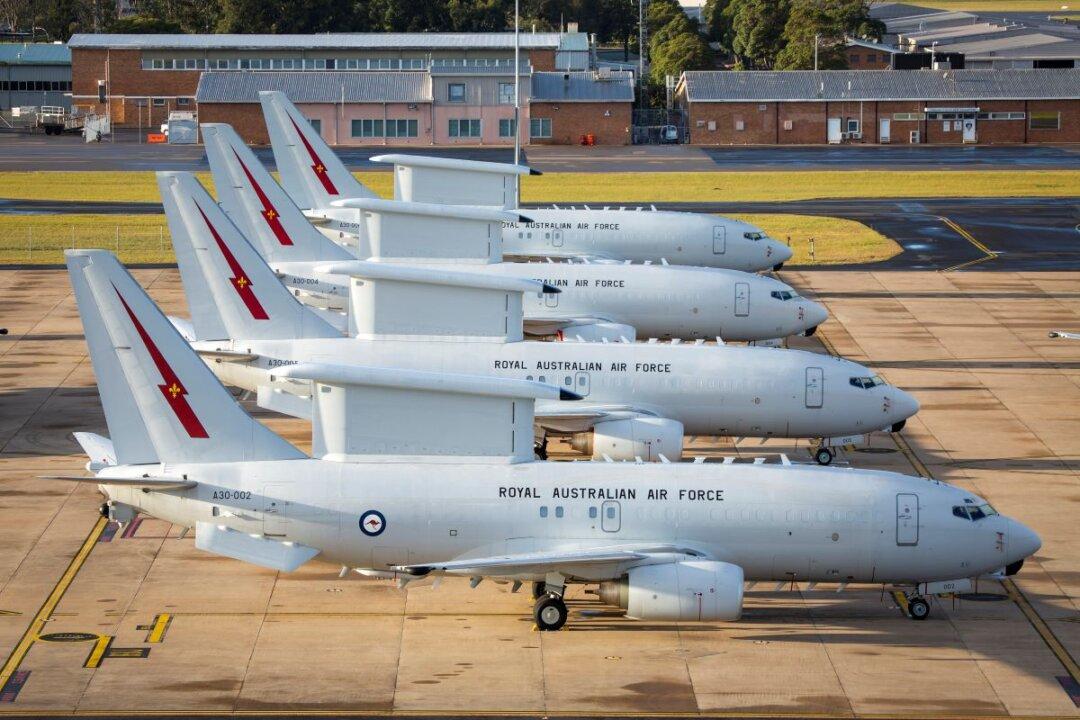Australia will provide Ukraine aid shipments with vital protection and deploy one of the world’s most sophisticated surveillance aircraft as the ongoing conflict with Russia inches towards its 18th month.
Known in Australia as the E-7A Wedgetail, the aircraft is one of the most advanced battlespace management platforms capable of coordinating a joint air, sea and land battle in real-time and detecting airborne threats, including hostile aircraft and cruise missiles.




